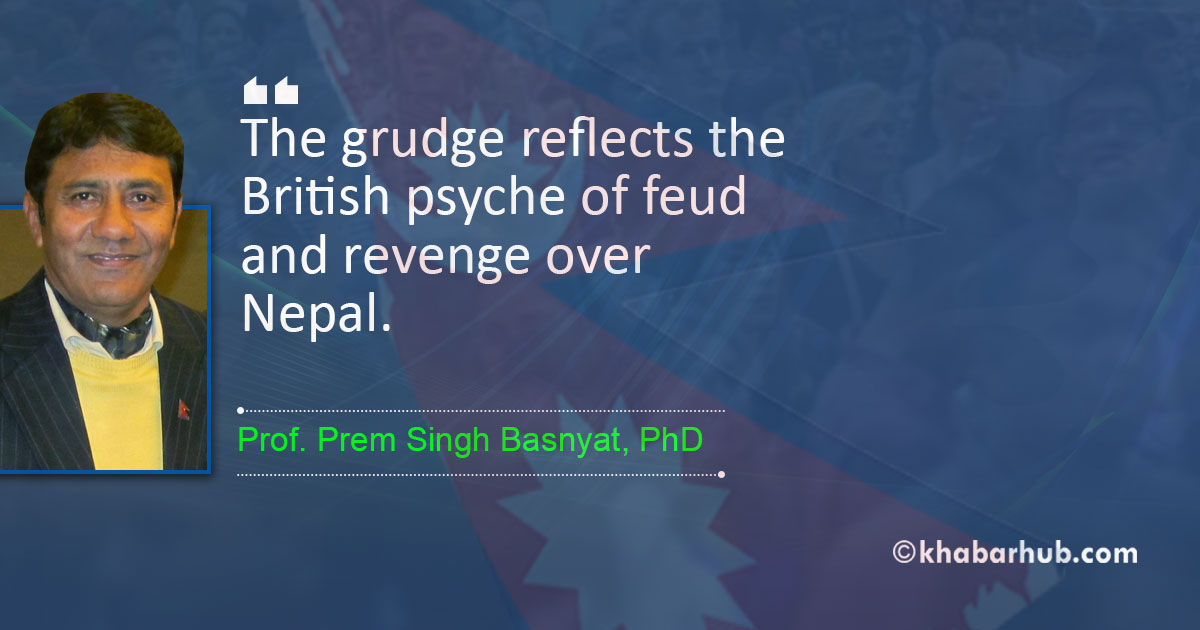0%

The Westerners’ Asia centered Plan for War Strategy is connected with the Global Power Balance Strategy. Since the 21st century, global power center is shifting from the West over to the East. The process thus has brought the global power balance over to Asia, gradually wearing the hegemony of Europe and America down and as is seen they are likely to further wear down to nonexistence in the future.
Maybe they are shaken afraid even to imagine this. Therefore, for them, the shift of global power balance is like saving or letting go of the noose, and so they are using all their effort to stall it. They want to halt it whatever the price or sacrifice. As things stand now, war is the only alternative to do so. To incite war over Asia or hurl war in any excuse over there from Europe seems the last card left with them. To them, India is the best choice to serve their interest, so because in order for a war to break out and surge all over, prolong and quietly win it to their side; they should very much like large geography, population, economy, and military.
It is obvious in any excuse India is the right tank of fuel to set fire first.
They cannot serve their interest by use of any other country like Japan or South Korea; actually, there is no other country they could use as a bait to hook out their gain of interest. The Westerners shrewdly watch out to incite war in Asia by use of Nepal’s soil against Tibet, disputed border area to set China against India, China’s immediate neighbors over China Sea, Japan against North Korea or any other card that would serve as dynamite to spark a war over Asia. It is obvious in any excuse India is the right tank of fuel to set fire first.
Recently, a bomb in the Indian-controlled Kashmir killed at least 40 Indian troops on Feb 14, 2019, the deadliest attack on security forces in the region in 30 years. This event would be very delicious sweet for western strategists to spark a physical confrontation between India and Pakistan, finally, it carries more western powers in South Asia.
Moreover, despite its independence two years earlier than that of China, it boils over with aggression of slower and less development.
The Westerners prioritize India for their strategic action. They occasionally scratch wound of the discord between India and China on the one hand and fan India’s ambitions on the other to incite it to war. Understandably, China and India are a long time hostiles with prolonged border disputes and cultural, political and ideological differences. Ambition has added up more fuel to India’s vulnerability to an explosion of war. India all along cherishes its ambition to emerge as a stronger superpower to give a deadly counter to China. Moreover, despite its independence two years earlier than that of China, it boils over with aggression of slower and less development.
It rejoices in fool’s paradise if it could quicken its progress and development at home backed up by the Western support. It doesn’t seem to wake from its illusion of false progress that way. History should remind one that once the situation turns to their favor, the Westerners in no time will turn to divide India first. It is particularly so because in its eastern strip can serve as a space to trouble Tibet. And what’s more, the population of the Westerners in India is sizable; their hold in its economy significant and Christian preponderance worth mentioning. These facts as there are, India is such a fragile land mass lacking glue to connect the north with the south and east with the west. Its heterogeneous population, diverse language and culture, nature of the economy and several other things cannot link the parts into a chain. Truth to tell, it is a country carved more by the British. Once the military power weakens, its day to disintegration immediately begins.
It is obvious that the very revenge psyche is overriding behind the Westerners’ anti-Nepal strategy.
For the Westerners, causing a collapse of India might look easier but doing the same of China is not anywhere close to that. China strategically strong as it is, the country is equally sound with uniformity of language, ethnicity, culture, and religion. There are no more loopholes in China that outsiders could pull and play upon. The West knows very well that all it could do over China is to engage it in war and weaken it. They won’t find a pin-hole to strategically collapse China until they get a large space around to have their strong foothold to continually sting it from where they could set up that large space as their political, economic, cultural and strategic base.
It is obvious that the very revenge psyche is overriding behind the Westerners’ anti-Nepal strategy. King Prithvi Narayan Shah’s rise with unification policy had barricaded their mission to make Nepal a colony and their access over to China. Today when China is emerging as a global power center, shrinking thereby their influence over the world, the West increasingly holds Nepal responsible for their decline of power and influence. Recalling the Nepal-Britain war in Sindhuli the then US State Secretary Henry Kissinger begrudged if the Gorkhalis had not stalled the British from reaching out to Tibet through Nepal, China would not remain strong as it is now.
The grudge reflects the British psyche of feud and revenge over Nepal. The Gorkhalis, later Nepalese Army remains the last hope of Nepalese National security: in terms of physical security of the nation, cultural security and International security through the UN. Unfortunately, former Maoist led some Nepalese newspapers defaming this institution in order to make ruined Nepal Army, by the support of Western interests.
(To be continued…)
Views expressed in this article are the author’s own and do not necessarily reflect the stance of Khabarhub.